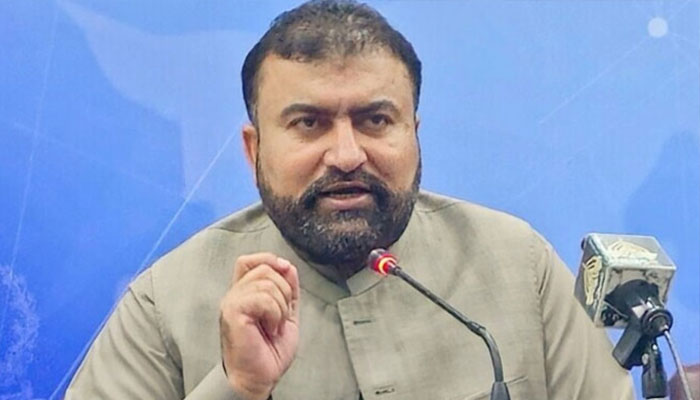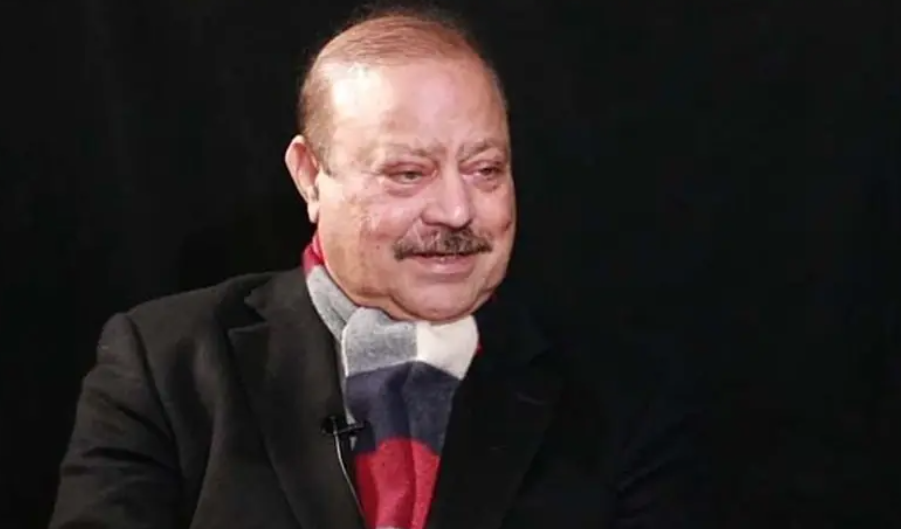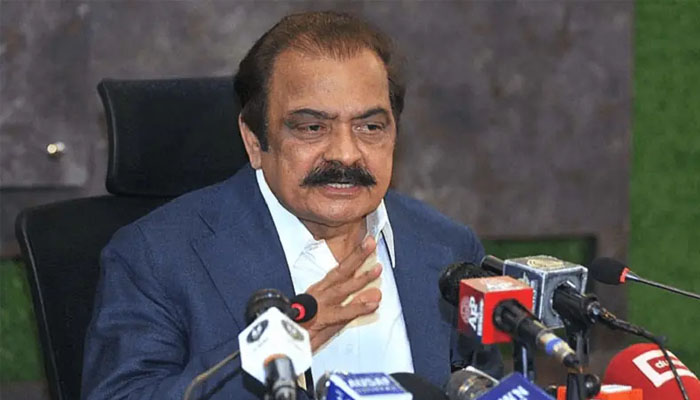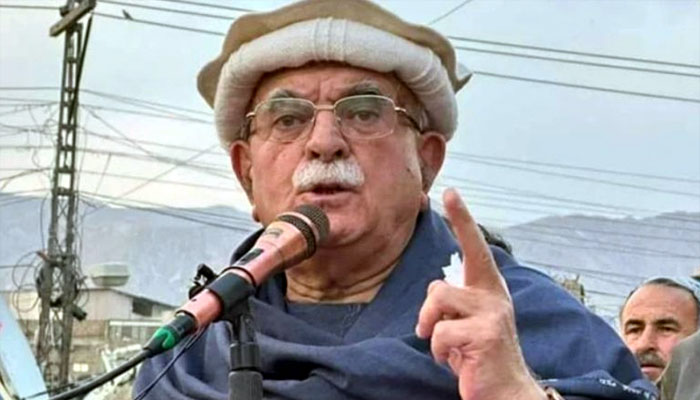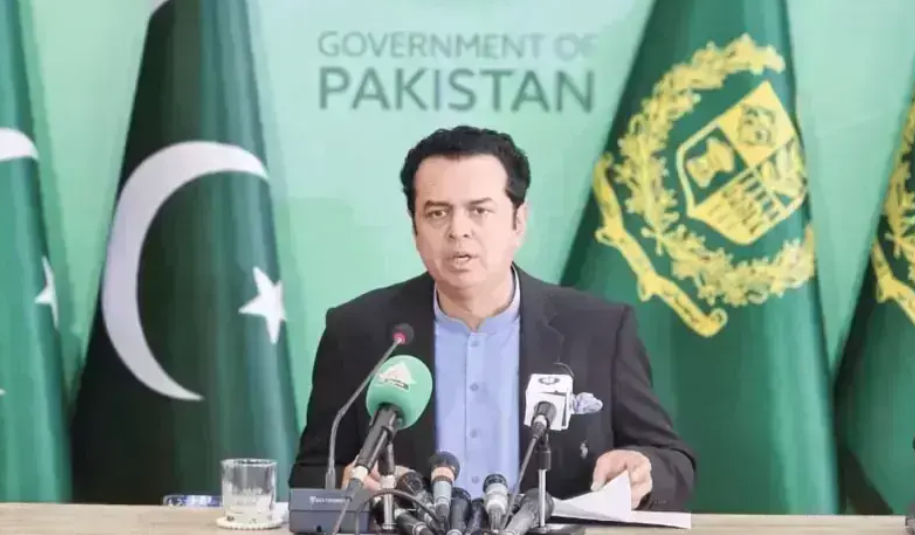POLITICS & POLICY MAKING
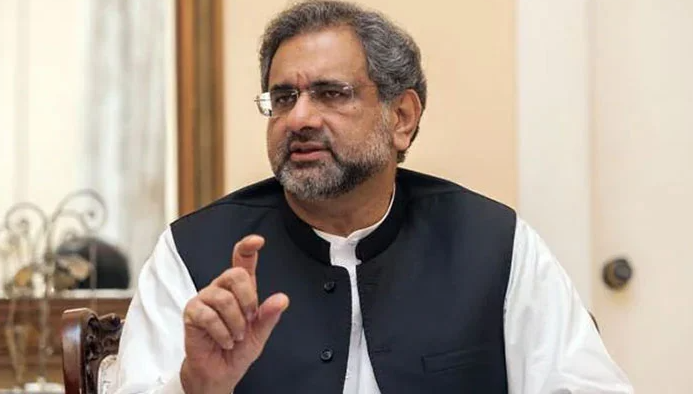
Former Prime Minister Shahid Khaqan Abbasi has accused the government of manipulating constitutional amendments for its own benefit, suggesting that the narrative of dialogue between the opposition and ruling parties is merely an attempt to mislead the public.
Speaking at a seminar organized by the Pakistan Institute of Legislative Development and Transparency (PILDAT), Abbasi criticized the government for its lack of seriousness in ensuring parliamentary stability. He emphasized the need for the country’s powerful institutions to respect and adhere to constitutional mandates.
“The government’s approach to dialogue is a facade. The opposition and ruling class are fooling the people. The powerful must abide by the constitution,” Abbasi said.
On Foreign Relations
Discussing Pakistan's economic dealings with major global powers, Abbasi dispelled the notion of external pressure, particularly from China and the United States. He claimed that no Pakistani government has ever outright rejected American influence, contrasting it with former Prime Minister Imran Khan's “absolutely not” rhetoric.
“No country, including China, has exerted undue pressure on Pakistan during economic agreements. The idea of rejecting U.S. influence outright is baseless,” he added.
Insights from Other Panelists
The seminar featured notable speakers, including former Federal Minister Fawad Hassan Fawad and former Federal Minister Khurram Dastgir Khan, who shared their perspectives on Pakistan’s economic challenges and governance.
- Fawad Hassan Fawad: Criticized the current government for mismanaging crucial privatization efforts, such as those of Pakistan International Airlines (PIA) and power distribution companies (DISCOs). “It’s ironic that the head of the privatization committee is the foreign minister. Privatization is essential, but the government is botching the process,” he remarked.
- Khurram Dastgir Khan: Highlighted politicians’ contributions to Pakistan's economic revival during critical periods. He attributed the successful economic policies of the 1990s and 2014-2017 to political leadership, underscoring the role of policymakers in stabilizing the economy.
PILDAT's Perspective
Mehboob Bilal, a senior leader at PILDAT, along with other participants, emphasized the importance of a strong economy for political and state stability. They urged communities across Pakistan to set aside differences and work collaboratively for the nation’s progress.
“A robust economy is the backbone of any political system. All sectors must unite to propel Pakistan forward,” they concluded.
Broader Implications
Abbasi’s remarks come at a time when the government faces growing criticism over its constitutional reforms and economic policies. The seminar underscored the need for transparency, unity, and adherence to democratic principles as the foundation for national stability and development.
